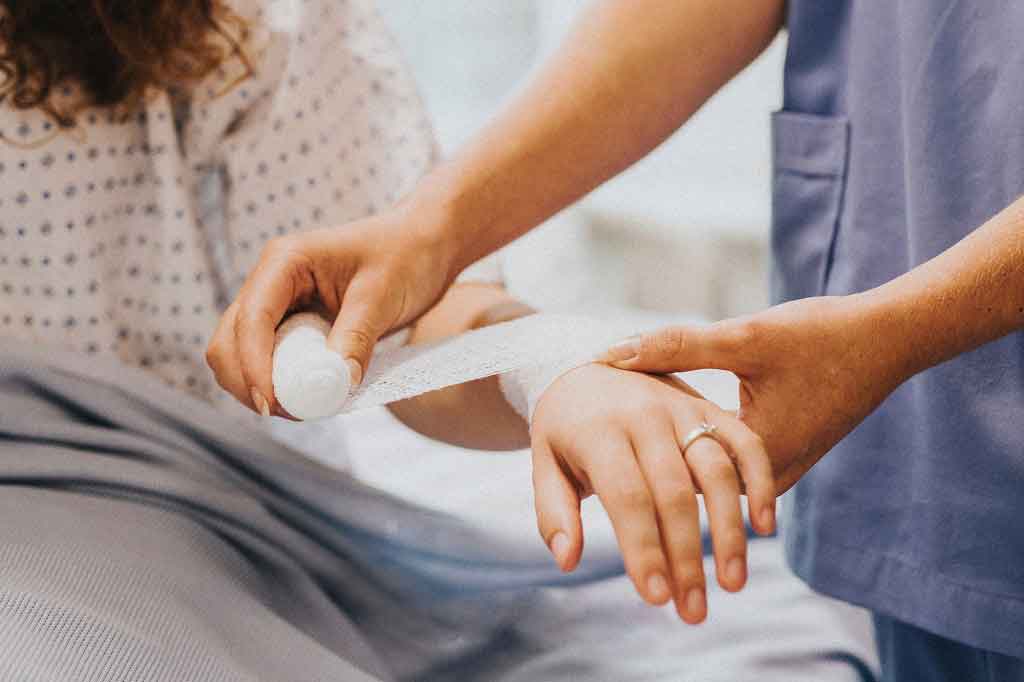Radiation exposure and iodine tablets
Medical practice
NHS Direct is receiving calls from members of the public regarding the recent atomic accident at the Fukushima nuclear power plant in Japan. The calls are regarding the use of iodine tablets and salt, and whether...
NHS Direct is receiving calls from members of the public regarding the recent atomic accident at the Fukushima nuclear power plant in Japan. The calls are regarding the use of iodine tablets and salt, and whether people travelling to that area need to take them to protect themselves from radiation poisoning.
The current advice is that it is highly unlikely that iodine tablets will be necessary and if they are, the local authorities will be responsible for their distribution. There is no need for people to obtain iodine tablets themselves and self-treatment is not recommended.
Iodine tablets can cause serious adverse effects if taken unnecessarily, including abdominal pain, vomiting, bloody diarrhoea and swelling of the salivary and thyroid glands. They can also cause medical problems for people with poorly functioning kidneys and are not suitable for people over the age of 40.
Sending tablets to friends or relatives in Japan may do more harm than good as they may not arrive in time to be of any use. This is because the tablets must be taken within several hours of exposure to radiation in order to be effective. The Japanese government is giving the tablets to people considered to be at risk, and there is currently no reported shortage of stock.
There is no current or expected risk of radiation poisoning in the UK.
The WHO has published an FAQ for people with concerns about the accident, including information on iodine tablets and salt.
Guidance for pharmacists has also been issued by the National Pharmacy Association.






 Subscribe
Subscribe Ask the doctor
Ask the doctor Rate this article
Rate this article Find products
Find products








